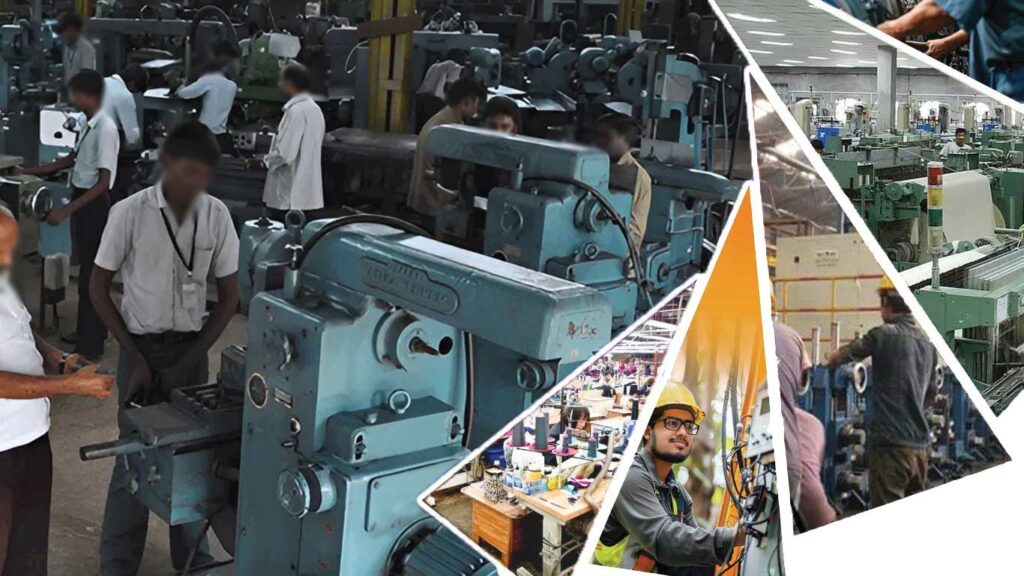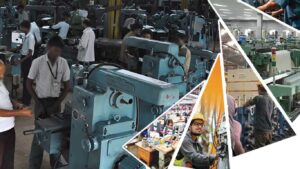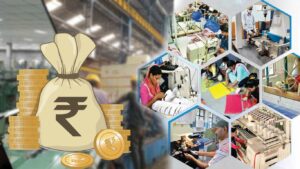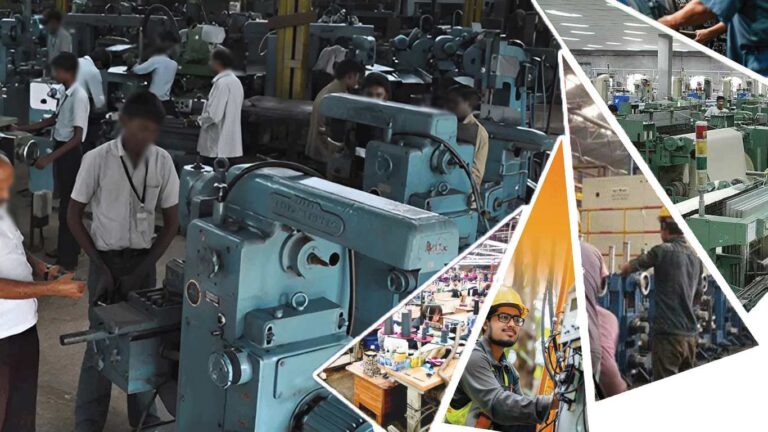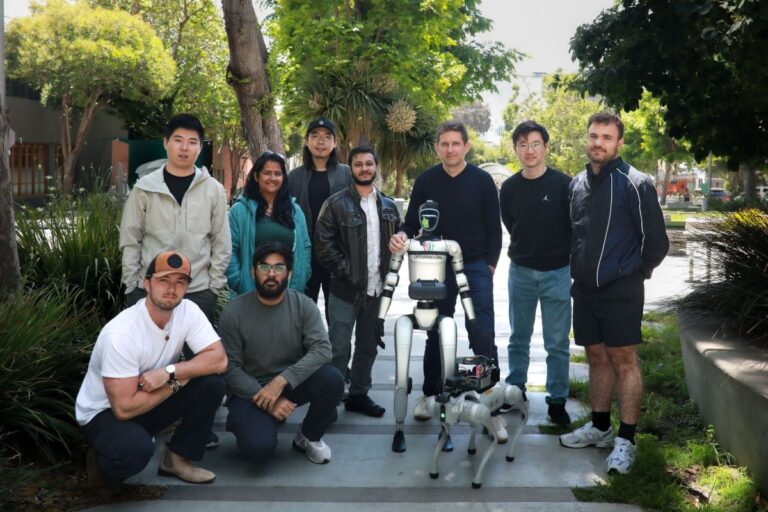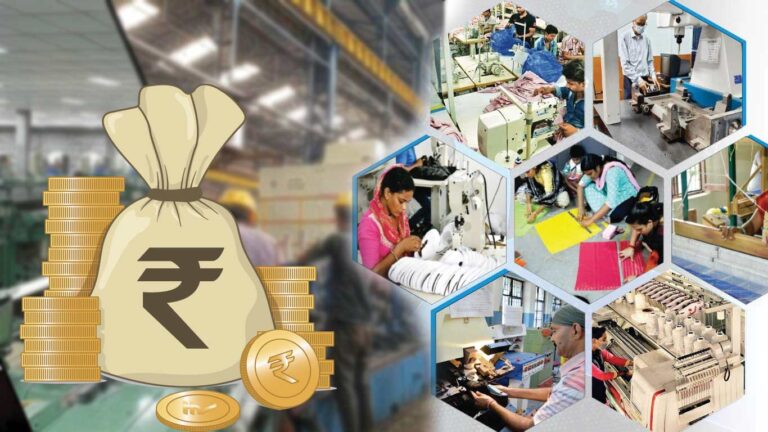Ludhiana, Aug 4 (KNN) A delegation from the Chamber of Industrial & Commercial Undertakings has called upon the government to modernise aging industrial infrastructure and streamline complex support schemes that are hampering growth in the country’s micro, small, and medium enterprise (MSME) sector.
The industry representatives argue that current bureaucratic processes are preventing smaller businesses from accessing essential government assistance.
The delegation, headed by CICU President Upkar Singh Ahuja, met with S.C.L. Dass, Secretary, Ministry of MSME, at the Central Tool Room (CTR) facility in Ludhiana to advocate for comprehensive reforms.
The meeting centred on revitalising the CTR, which served as a cornerstone of industrial advancement in the 1980s but now faces challenges in meeting contemporary manufacturing requirements.
Ahuja highlighted the transformation needed at the Central Tool Room, noting its historical significance in developing Ludhiana’s industrial landscape through skilled workforce development and modern tooling solutions.
However, he emphasised that the facility currently lacks the sophisticated machinery and material capabilities required to support next-generation industries.
The CICU president cited the reflector manufacturing sector as an example of missed opportunities in domestic production capacity.
Despite increasing demand from automotive and lighting industries, India continues to import approximately Rs 2,000 crore worth of reflectors annually.
Ahuja stressed the importance of investing in institutions like the Central Tool Room to develop indigenous manufacturing capabilities and reduce import dependency.
The chamber also raised concerns about the bureaucratic complexity of existing MSME support schemes.
According to the delegation, many smaller enterprises lack sufficient manpower or technical expertise to navigate these programs effectively, creating barriers to accessing government support that could facilitate their growth and development.
Ahuja urged the ministry to restructure these support mechanisms to make them more practical and accessible for micro and small businesses, which constitute the foundation of regional economies such as Ludhiana’s industrial ecosystem.
The simplified approach would enable broader participation and more effective utilisation of government resources.
Secretary Dass responded positively to the concerns raised by the delegation and provided assurance regarding the ministry’s dedication to strengthening the MSME sector.
He acknowledged Ludhiana’s significant contribution to India’s industrial development and confirmed the government’s ongoing commitment to modernising institutions like the Central Tool Room while supporting necessary structural reforms within the sector.
(KNN Bureau)


